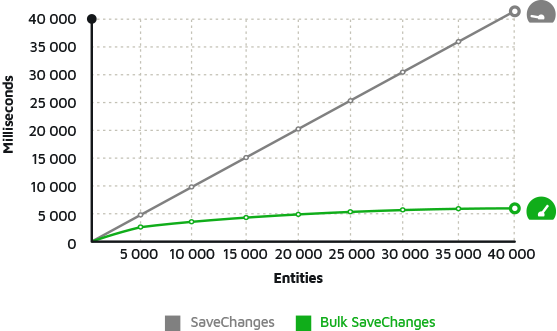Entity Framework Filters Discover How to Filter Your Query
Definition
Filters allow you to define a parameterized filter at configuration time. At runtime, you turn on the filter and apply parameters, and every query for that entity will include the filter.
Filters are used to define a predicate that will be applied to every entity in a DbContext, without a developer needing to remember to include it for every query. Common applications include:
- Security
- Multi-tenancy
- Logical data partitioning
- Soft deletes
- Active/inactive records
Configuration
The FilterInterceptor must be registered with Entity Framework, either through a DbConfiguration class:
public class ExampleConfiguration : DbConfiguration { public ExampleConfiguration() { AddInterceptor(new FilterInterceptor()); } }
Or through the OnModelCreating method:
protected override void OnModelCreating(DbModelBuilder modelBuilder) { DbInterception.Add(new FilterInterceptor()); }
Define Filters
Single Entity
Filters are first defined, then configured. You define the filter against a single entity:
modelBuilder.Entity<Listing>()
.Filter("ActiveListings", c => c.Condition<ListingStatus>(
listing => listing.Status == ListingStatus.Active));
Set of Entities
Filters are also defined against a set of entities that match a type (interface or base class):
modelBuilder.Conventions.Add(
FilterConvention.Create<IAgencyEntity, int>("Agency", (e, agencyId) => e.AgencyId == agencyId));
Enable Filters
Filters are then enabled and parameter values filled in on a DbContext basis:
dbContext.EnableFilter("ActiveListings"); dbContext.EnableFilter("Agency") .SetParameter("agencyId", _userContext.CurrentUser.AgencyId);
Disable Filters
Filters are disabled by default, and you can disable them selectively after enabling:
dbContext.DisableFilter("ActiveListings");
The filter names must be unique, and filter parameter names are matched by the parameter name you supply to the filter definition's expression.
Requirements
Entity Framework Version
- Entity Framework 6.
Limitations
- No access to context for complex joins
- Collection properties not available
ZZZ Projects
